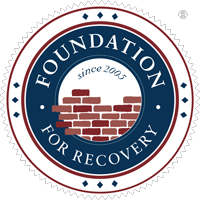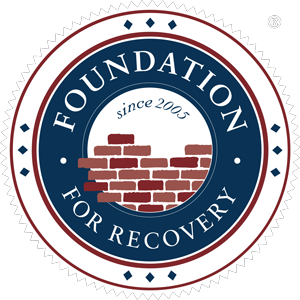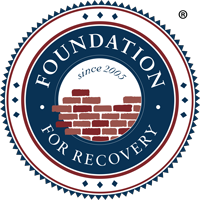Substance Use Disorder (SUD) costs the state of Nevada an estimated $6.8 billion each year. Some of these costs are incurred by businesses in the form of lost productivity, absenteeism, and health care – all things associated with a problematic substance use issue.
SUD – and the lack of robust evidence-based effective solutions – can have a devastating impact on the workplace. SUD in the workplace can lead to decreased productivity, increased absenteeism, increased healthcare costs, higher turnover rates, and a negative impact on workplace culture. The absence of effective programs to support folks with SUD can also lead to increased accidents, decreased employee morale, and decreased profitability.
Employees with problematic substance use issues can also cause higher insurance costs, as employers sometimes pay for treatment for employees who are seeking support for SUD – or end up paying more in insurance coverage in the case of workplace accidents due to a SUD. Employers should take the necessary steps to ensure their workplace is equipped with person-centered and evidence-based policies to minimize the impacts of SUD on the job.
Certain fields have a disproportionate number of people with problematic substance use and corresponding behavioral health issues. These industries can include construction, transportation, mining, sales, food and beverage service, healthcare, and other retail or service occupations.
Each employee who recovers – often with the assistance of their employer and friends/families – saves a company more than $3,200 a year. Workers in recovery help employers avoid $4,000 in turnover costs, and once the employee embraces wellness, the employee misses 5 workdays fewer per year.
Here, the state of Nevada has experienced a steady rise in overdose, SUD and other behavioral health incidences in recent years, prompting businesses to take a more active role in addressing the issue. Designated Nevada Recovery Friendly Workplaces offer employers a cost-effective way to address the problem and help their employees heal in a supportive and non-shaming space. By providing access to recovery services, businesses in Nevada can reduce the costs associated with workplace substance use disorder (SUD) and increase the productivity of their workforce.
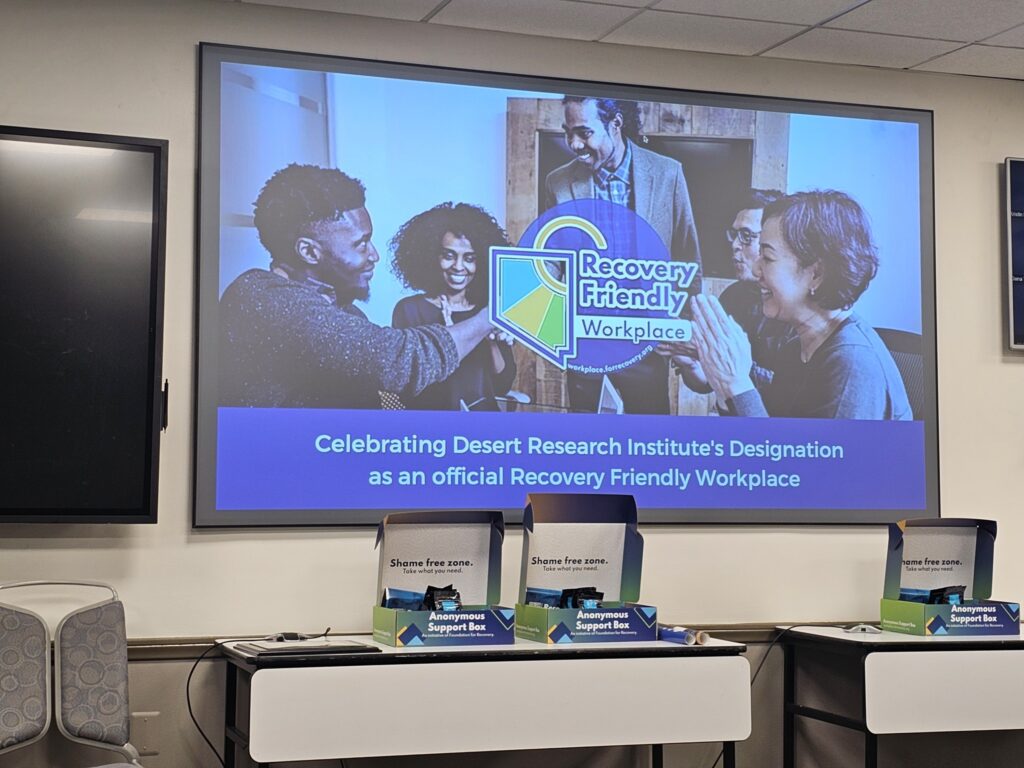
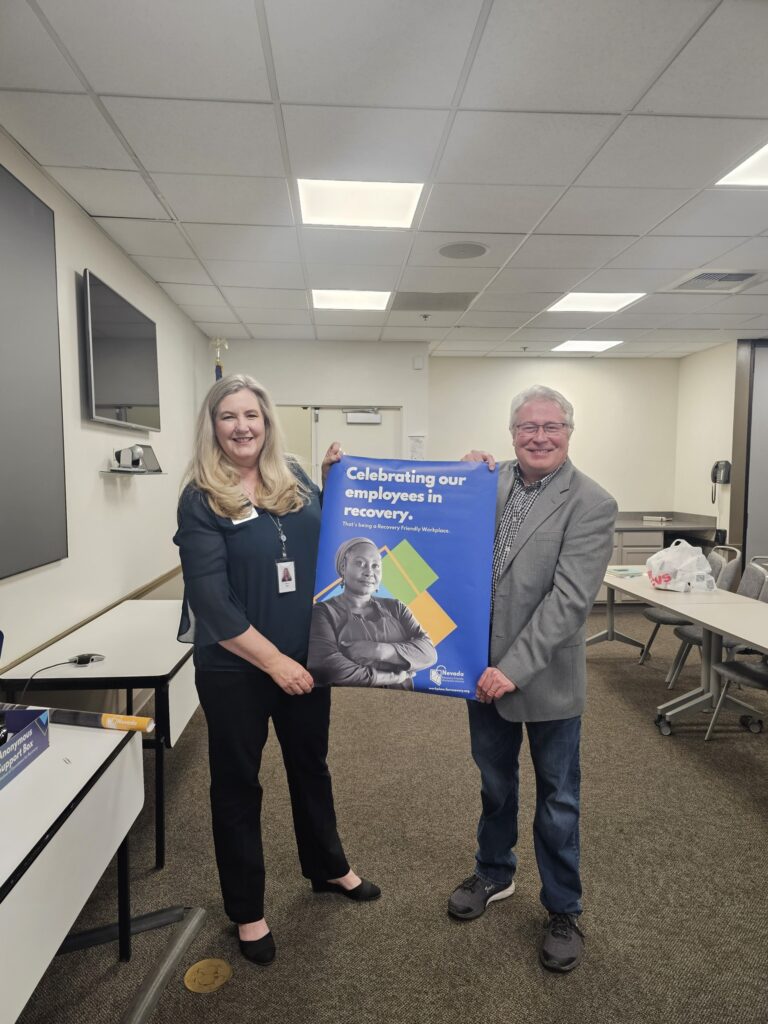
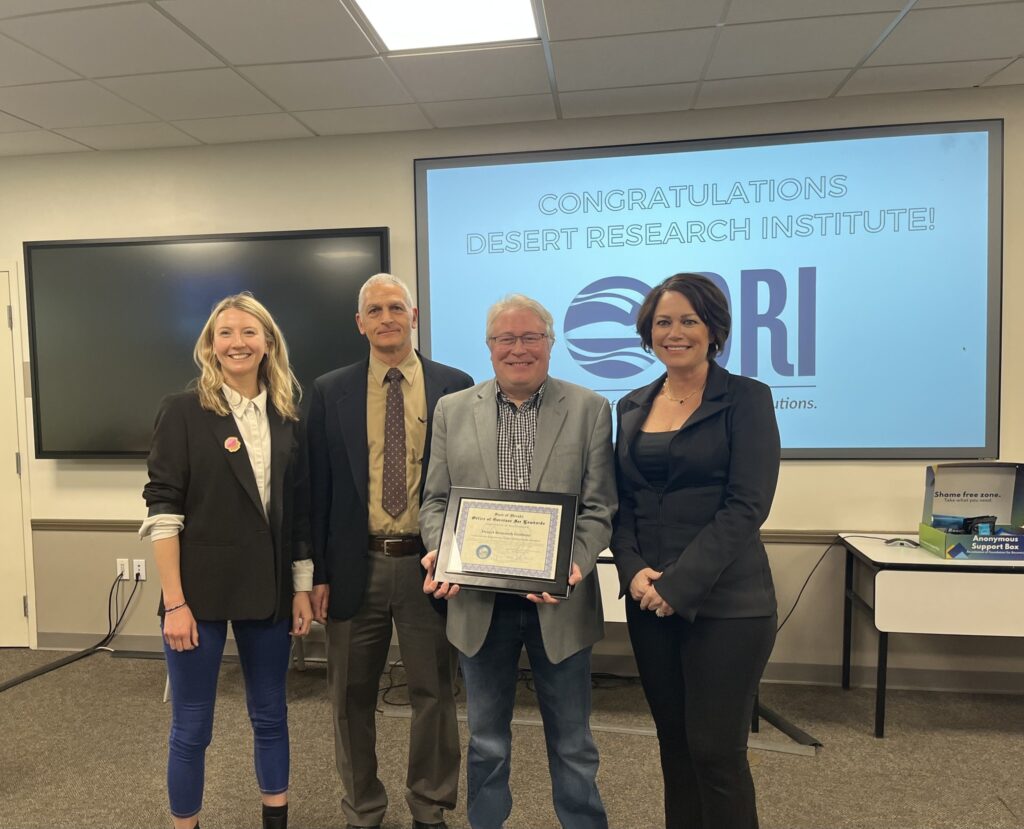
The Nevada Recovery Friendly Workplace Initiative offers businesses a variety of services, including education, counseling, and treatment. These services help employees learn how to better manage their SUD and develop healthy coping strategies. Employees can also receive support from their peers and mentors in recovery, allowing them to build the skills and confidence needed to live a life in recovery.
Businesses in Nevada can benefit from recovery programs in many ways. For instance, they can reduce the cost of employee drug tests, which can be expensive when done in-house. Additionally, businesses can create a healthier work environment and reduce the risk of workplace accidents.
Finally, investing in robust recovery programs on the job can help businesses increase their revenues by providing employees with the necessary tools and resources to succeed. By offering access to programs, businesses can help their employees become more productive members of the workforce and reduce turnover rates, all while increasing profits.
Overall, the Nevada Recovery Friendly Workplace Initiative offers businesses a cost-effective and comprehensive solution to address the issue of Substance Use and Mental Health challenges. By providing access to these programs, businesses can reduce the costs associated with workplace SUD, create a healthier work environment, and increase their revenues. Therefore, businesses in Nevada should consider taking advantage of workplace recovery programs to help their employees heal and become more successful members of the workforce.
The majority of working people who develop SUD successfully recover. Workers in recovery have much lower healthcare costs, turnover, and absenteeism than their peers in the same industry who have an untreated SUD. In nearly every industry, workers in recovery use health care less, stay with a single employer and take unscheduled leave at rates equal to or lower than their peers who have never had a SUD. This means that employees who are supported in a strength-based way are likely to be indistinguishable from their peers.
So, are you interested in learning more about becoming a Recovery Friendly Workplace in Nevada? As a Recovery Friendly Workplace, you will join a network of hope for employees or their loved ones dealing with substance use disorder or mental health challenges.
Employment affects a person’s wellness, and their wellness impacts the workplace and culture. You can have an enormous impact on both employees’ wellness and the company’s bottom line. Check out our website, contact Foundation for Recovery at workplace@forrecovery.org or 702-918-9459.



